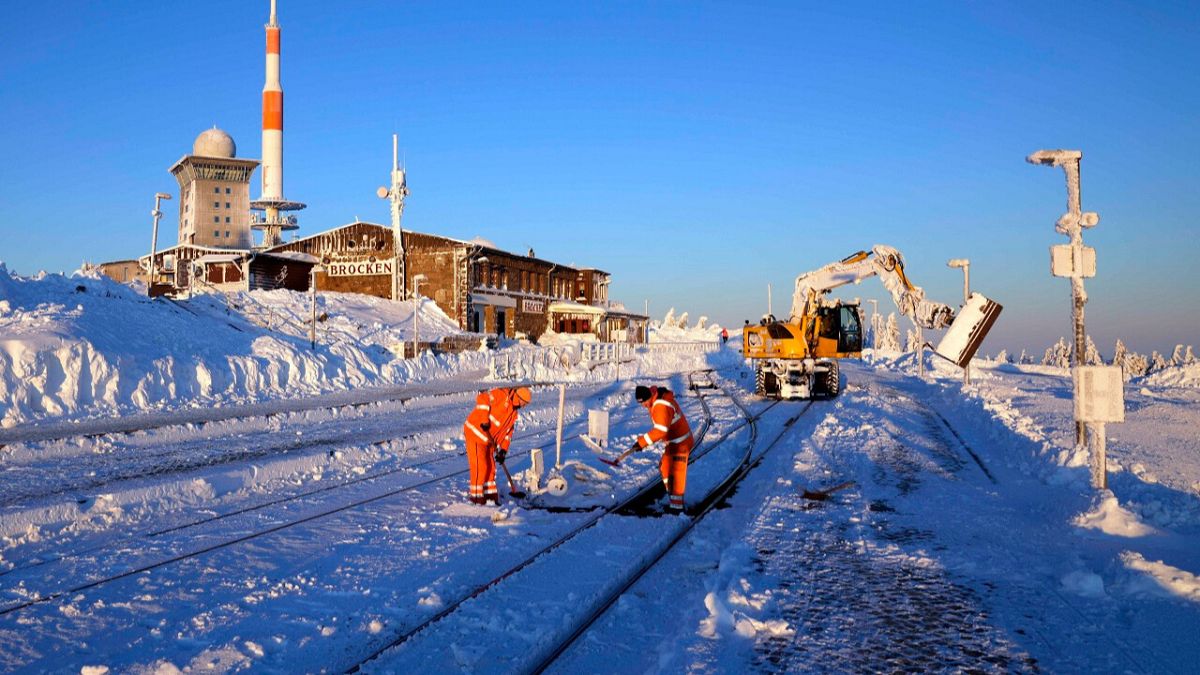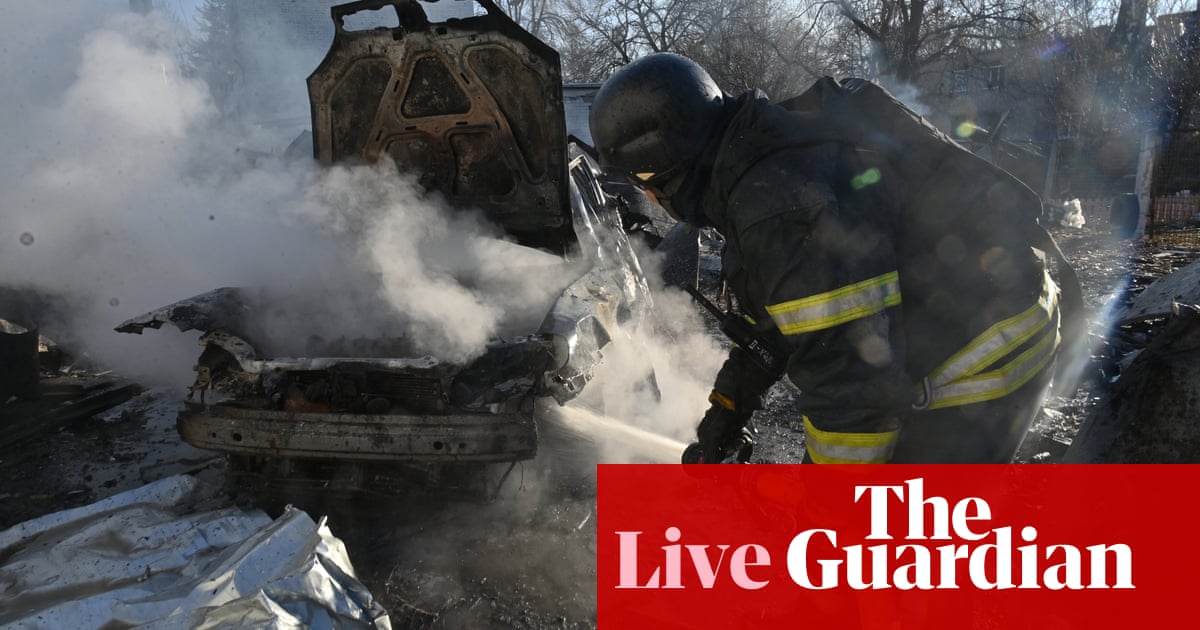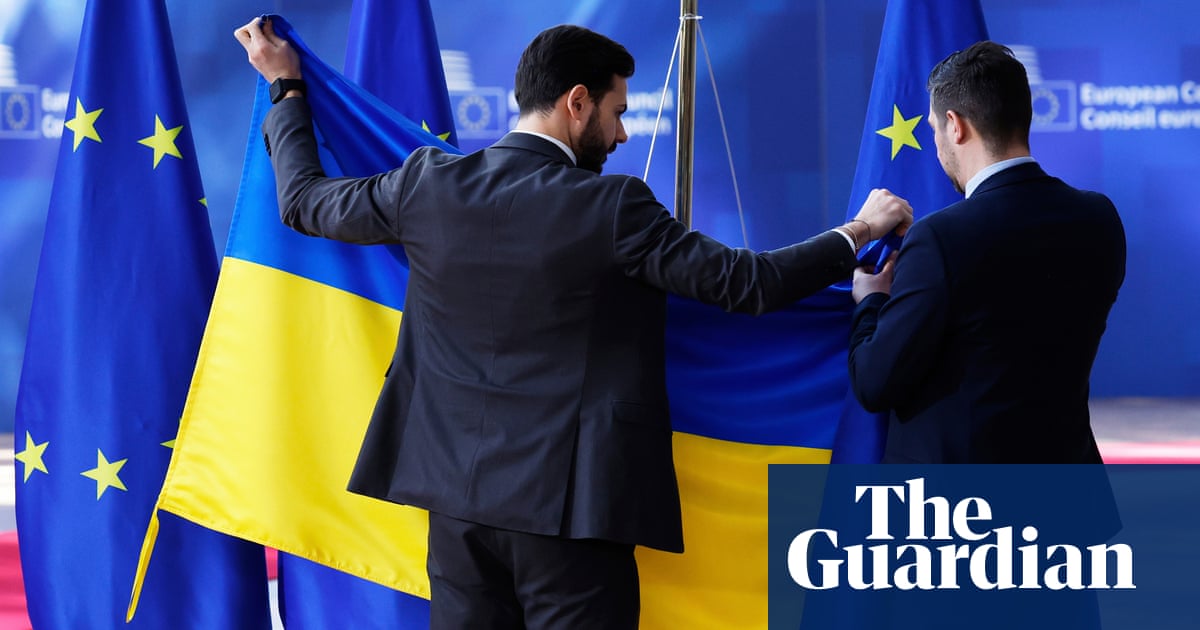Freezing temperatures and heavy snow cause disruptions across Europe

Southeastern Europe is experiencing much lower than expected temperatures this week, bringing heavy snowfall and flooding risks.
Freezing temperatures and heavy snow have caused disruptions in several parts of southeastern Europe, ranging from transport issues to schools being forced to shut.
A storm system has brought strong winds, heavy rainfall, and snowfall in mountainous areas across parts of countries such as Albania, Bosnia and Herzegovina, Croatia, Greece, Italy, Montenegro, North Macedonia, and Slovenia.
More than 70 schools were closed in Albania on Monday after access to several villages was blocked by severe weather. Authorities have been clearing snow from roads and restoring traffic in the Balkan nation’s northern and southeastern parts.
Bulgaria, North Macedonia and Italy have also issued alerts for heavy snow in recent days. In Bulgaria’s Smolyan region, snow cover reached 40 centimetres on Monday.
The heavy snowfall caused problems at the Predel Pass, where two trucks crashed and had to be removed with snow-clearing machinery. Despite the large amount of snow and severe traffic, there were no major traffic jams, according to local media reports.
In North Macedonia, in the region of Prilep, the authorities put restrictions on cargo vehicles due to the snowfall. The local traffic authorities announced that the situation on the regional roads was complicated, but under control.
“They have been working (the emergency crews) for 36 hours continuously since the snow started to fall,” said Sasho Vasilevski, the manager of the country’s public road management service.
Municipalities located above 800 metres in the Italian region of Puglia have also experienced significant snowfall. The wave of cold air coming from northeastern Europe significantly worsened weather conditions in the province of Foggia, where snowfall was recorded in mountain locations such as Faeto and Monteleone.
The cold temperatures also brought flood risks to lower altitude areas. On Tuesday, Sicily issued a yellow alert due to heavy thunderstorms affecting the entire island. France has also issued an orange flood warning for the north, and there are avalanche alerts across the western Alps.
A colder-than-expected weather outlook is bringing freezing temperatures to the rest of the continent as well, and they are expected to last all week.
In contrast, the Nordic region is milder than usual over the next 10 days. The average temperature in Helsinki will reach 3°C on Thursday, about 8°C above the norm.
The European Environment Agency (EEA) warned in December that climate change was fuelling increasingly extreme weather on the continent, including severe cold spells.
Related
Zelenskyy reiterates call for air truce after huge Russian attack…
We need Russia to stop attacks, Zelenskyy says, backing calls for truce in air, at seaUkrainian president Volodymyr Zelenskyy has responded to overnight attacks
Europe scrambles to rearm as Trump threatens security guarantees and…
CNN — European leaders have vowed to rearm the continent at historic emergency talks h
Russia launches ‘massive’ attack on Ukraine after Europe rushes to…
Ukraine's energy and gas infrastructure came "under massive missile and drone shelling" by Russia on Friday, a Ukrainian minister said."The energy and gas infra
American severance may be averted, but Europe’s leaders must fear…
With a mixture of regret, laced with incredulity, European leaders gathered in Brussels to marshal their forces for a power struggle not with Russia, but with t












